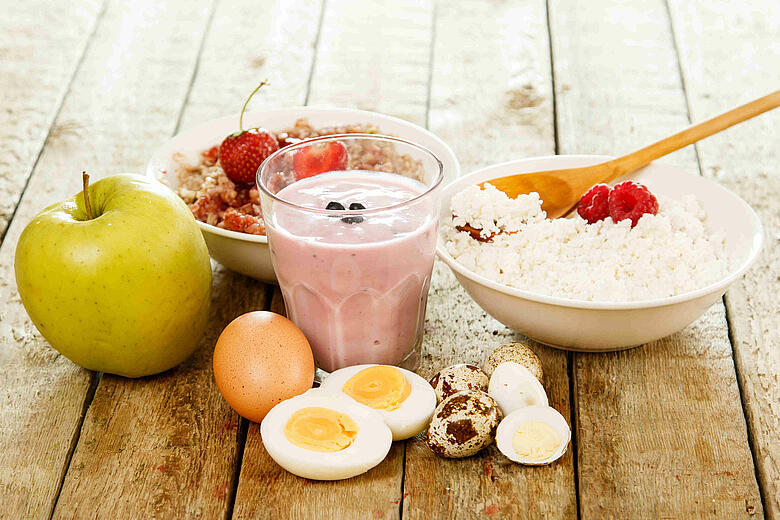There is a lot of information and misinformation out there these days on nutrition, training and health. And while most of it (I hope) is well intentioned, it can muddy the waters and cause people to do very drastic things to achieve their health and fitness goals.
So, in this article we will review 4 nutrition myths/fallacies/exaggerated facts that have been touted around in recent years. We will look at the possible truths and highlight why in most cases they are just not correct in everyday life outside of a lab.
Kicking it off we will start with my personal favourite:
- Aspartame causes cancer and is carcinogenic. Now, why do I love this one considering the seriousness of the claim? Because the study that brought this to the forefront of the world’s attention was done on rats and had limitations. The World Health Organization has since said that “based on limited evidence it might cause cancer”. They have also categorised Aspartame in the 2B carcinogenic category, which may sound scary but keep in mind other things in this category include your smart phone and the pill. Other daily items that are actually higher on the list and regarded as more dangerous include tobacco smoke, alcohol and solar radiation aka SUNLIGHT. The amount of aspartame that needs to be consumed to cause health issues is also quite a lot. The recommended amount from the international food information council is 50mg per kilo of body weight. Let’s measure this in soft drink. If you weigh 68kgs, you will need to consume 19 cans of soft drink to get enough aspartame for it to become potentially hazardous. And that needs to be done on a consistent basis, not just one day of the year. So as far as aspartame goes, there are bigger things to worry about.
- Insulin makes you fat. Now this one can be a little tricky because insulins job is to store energy. So yes, it can make you fat in a way. However, the amount of energy it stores will depend on how much energy you consume from food, liquids and alcohol. While controlling insulin is by no means a bad thing, it is not a guarantee that you will lose weight. If you eat more calories than your body needs, it will get stored as fat no matter what foods you are eating. The problem with this claim is that insulin also stores energy in your muscles not just fat cells. And this is essential if you are trying to build muscle or recover from intense training. So do not fear insulin, it is a natural hormone. Better to worry about the overall quality of your diet and energy intake as that has a much bigger affect on weight than insulin storing energy.
- Baked is better than fried. While in theory this sounds great, context is essential here. There should be less added fat if something is baked instead of fried purely because it wasn’t cooked in as much (or any) oil. However, the food itself may still be high in carbohydrates or fat for what someone may need and so portion control of that item will become very important. So, in this case I am not saying “baked” being better is a myth, what I am saying is that reading the food labels and seeing how much energy is in the food becomes more important. A great example would be Arnotts shapes which are oven baked. If you ate 100g of shapes vs 100g of plain Doritos, you would consume over 200 LESS calories with the Doritos. The marketing with claims like “baked not fried” and “less sugar” are sometimes just really good marketing.
- High protein diets cause kidney dysfunction. This is a very grey area. Studies have shown that increases in protein intake can increase kidney warning markers, however, there has not been a lot of evidence to show that if your kidneys are healthy that a high protein diet would be a problem. The real-world scenario of this is that most of us are actually undereating protein, with the WHOs recommendation being 80g per day, most people are still under that. And once you add regular exercise (that should increase in demand as you get fitter) your protein requirements will actually increase. So, while yes there are indications that excess protein intake could be a problem, the real-world application and amount of protein needed to do this it seems to be much higher than what people realise and most likely would be able to consume. Much in the same vein as Aspartame.
So, there you have it, 4 myths, or even half truths that can often cause confusion for a lot of people. Ultimately, while there are unavoidable facts in nutrition there is also a lot of grey. The best practice seems to be making changes that you feel best suit you and your lifestyle from a place of understanding and education rather than getting caught up in the next wild claim or fad diet. I hope this article has cleared some things up and freed up some choices for you when it comes to dieting/healthy eating.

